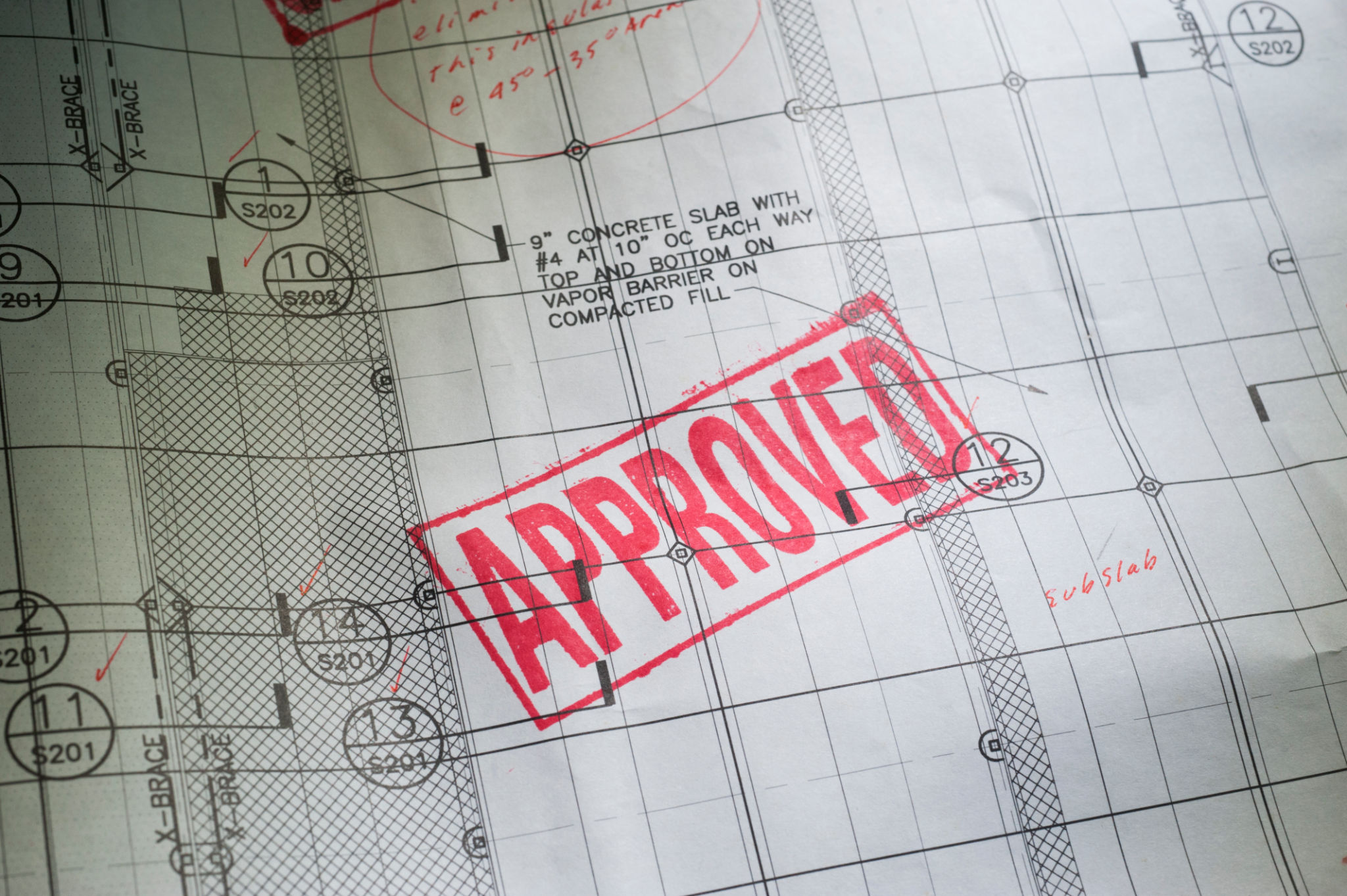Understanding Local Building Codes and Regulations
What Are Local Building Codes?
Local building codes are a set of regulations that govern the design, construction, and maintenance of buildings within a specific area. These codes are established by local governments to ensure the safety, health, and general welfare of the public. They cover a wide range of aspects, including structural integrity, fire safety, electrical systems, plumbing, and energy efficiency.
Understanding these codes is crucial for anyone involved in the construction industry, from architects and engineers to builders and contractors. Complying with local building codes not only ensures that structures are safe and functional but also helps avoid legal issues and potential fines.

Why Are Building Codes Important?
Building codes are essential for maintaining public safety by setting minimum standards that must be met during construction. These regulations are designed to protect residents from structural failures, fire hazards, and other potential dangers. Additionally, they help promote sustainability by encouraging energy efficiency and environmentally friendly building practices.
By adhering to building codes, property owners can also increase the longevity and value of their investments. Well-constructed buildings require less maintenance and are more likely to retain their value over time.

Where to Find Local Building Codes
Local building codes can typically be found on the official website of your city or county government. Many municipalities provide accessible online resources where you can search for specific regulations and requirements. Additionally, contacting your local building department can provide you with guidance and clarification on any questions you may have.
The Approval Process
Before beginning any construction project, it is essential to obtain the necessary permits and approvals from the local authorities. This process usually involves submitting detailed plans and specifications for review. The building department will evaluate these documents to ensure compliance with the applicable codes and regulations.
Once your plans are approved, you will receive a building permit that allows you to proceed with construction. Regular inspections may be conducted throughout the project to ensure ongoing compliance. It is important to note that failing to obtain the necessary permits can result in significant penalties.

Common Challenges in Navigating Building Codes
Navigating local building codes can be challenging, especially for those unfamiliar with the process. Common obstacles include understanding complex terminology, keeping up with frequent updates to regulations, and coordinating with multiple departments.
To overcome these challenges, consider hiring a professional with expertise in building codes. Architects, engineers, and consultants can provide valuable assistance in ensuring compliance and streamlining the approval process.
Adapting to Code Changes
Building codes are not static; they evolve over time to address new safety concerns, technological advancements, and environmental considerations. Staying informed about these changes is crucial for anyone involved in construction projects.
Regularly check local government websites or subscribe to industry newsletters for updates on code revisions. Attending workshops and seminars can also help you stay current with the latest requirements and best practices.

Conclusion
Understanding local building codes is a fundamental aspect of any construction project. By familiarizing yourself with these regulations, you can ensure that your projects are safe, compliant, and successful. Whether you’re a seasoned professional or a newcomer to the industry, staying informed about building codes will help you navigate the complexities of construction with confidence.